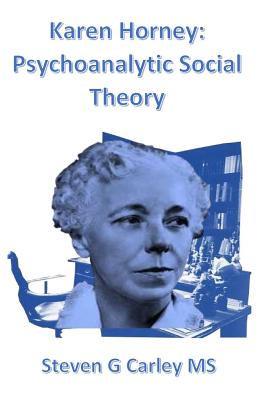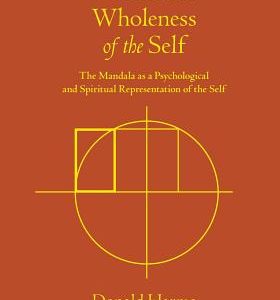Karen Horney: Psychoanalytic Social Theory
$8.96
Description
Karen Horney’s psychoanalytic social theory is built on the assumption cultural and social conditions, especially experiences during childhood, play a large role in the determination of personality. People whose needs for affection and love do not meet satisfaction during the childhood stage of life develop basic hostility toward their parents resulting in basic anxiety. Horney theorizes people adopt one of three fundamental styles in relating to others in combating basic anxiety including moving toward, moving against, or moving away from people. Neurotics are compelled to rigidly rely on only one style in comparison to normal people who can make use of either of the three modes in relating to others. The compulsive behavior of neurotics generates intrapsychic conflict, taking the form of either self-hatred or an idealized self-image. The expression of idealized self-image is through neurotic pride, neurotic claims, or neurotic search for glory. The expression of self-hatred is through alienation from self or self-contempt. Many of the ideas of Horney’s writings apply to normal individuals, although mostly concerns itself with the neurotic personality. This description of Horney’s theory and of the woman behind the theory discusses her ideas on psychotherapy, examines her views on feminine psychology, and compares her ideas to those of Freud. Horney’s views on personality reflect her life experience. The insights of Horney derive from her effort to relieve personal pain along with the pain of her patients. The insights of Horney may have been less profound had her suffering been less intense. The life of Karen Horney is that of a somewhat troubled woman.
Author: Carley MS, Steven G
Topic: Biography / Autobiography
Media: Book
ISBN: 1511900296
Language: English
Pages: 24
Additional information
| Weight | 0.09 lbs |
|---|---|
| Dimensions | 8.5 × 5.5 × 0.05 in |















Reviews
There are no reviews yet.